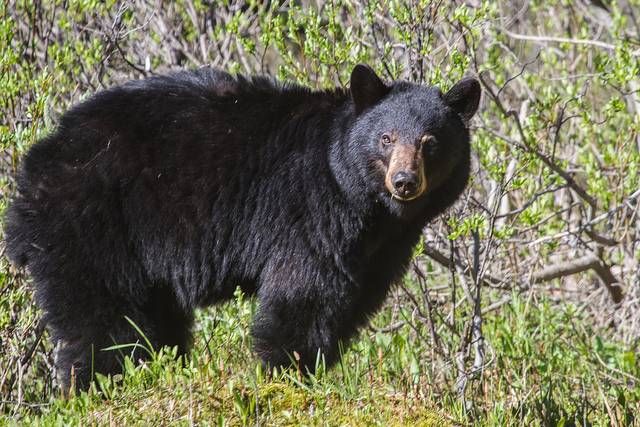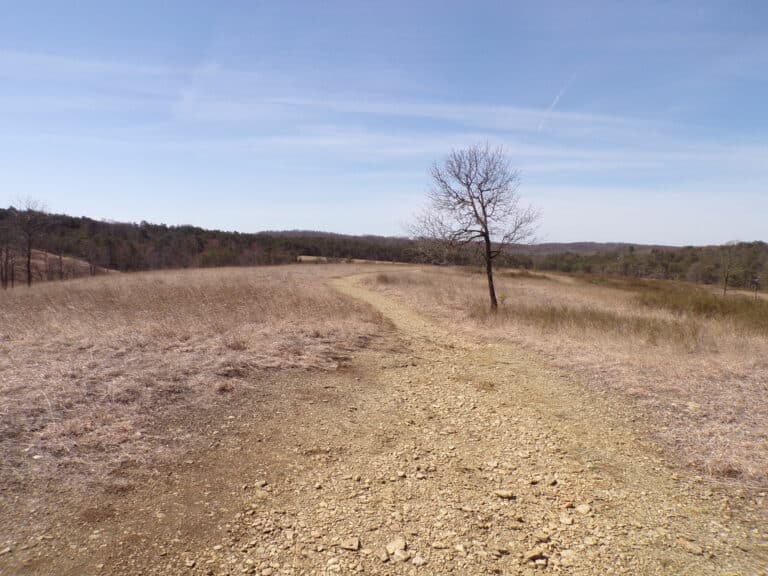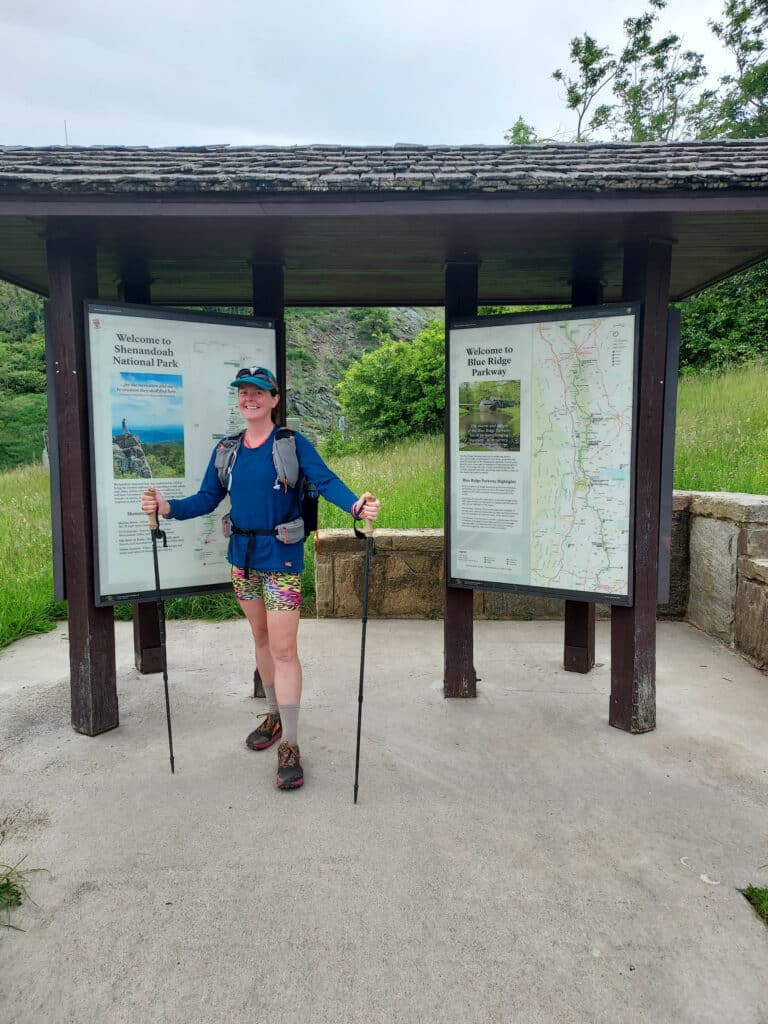North Carolina Man Punches Bear in Terrifying Fistfight
Seventy-eight year old Maggie Valley, N.C. resident Sonny Pumphrey was working in his driveway in early November when a mother black bear, whose cubs were nearby, charged him at full speed and then reared up and bit him. Pumphrey swung at the bear, connecting with her nose. As Pumphrey continued to pummel the bear she bit him on the hip, dropped him, then picked him up again and shook him like a rag doll. Hearing the commotion, Pumphrey’s wife ran out of the door, accompanied by their 3-pound Yorkie, and the bear and her cubs ran off. Pumphrey was treated at a local hospital for a throbbing hand, scratches, and a puncture wound to the hip. “Maybe it was instinct, I have no idea where that came from, but I hit that bear as hard as I could. I was lucky,” Pumphrey told the Asheville Citizen-Times.
Great Smoky Mountains National Park’s Rainbow Falls Trail is Re-Opened
After a two-year trail rehabilitation project the Rainbow Falls Trail in Great Smoky Mountains National Park has re-opened to hikers. The six-mile trail is one of the most popular trails in the park, leading hikers to Rainbow Falls and Mt. Le Conte. Trail crews rehabilitated segments along the trail to improve safety, stabilize eroding trail sections, and repair trail tread damaged by high winds and fire during the November 2016 wildfires.
Forests Fight Climate Change
Green technology isn’t the only potential solution to global warming. A paper published in the journal Science Advancessays that better management of the country’s forests, grasslands and soils could offset as much as 21 percent of the United State’s annual greenhouse gas emissions. The study identified a number of affordable strategies, like replanting trees on degraded lands, changing logging practices to better protect existing forests and sequestering more carbon in farmland through innovative agriculture techniques. But better land management isn’t a silver bullet. Converting marginal farmland back into carbon-rich grasslands could spur more intensive farming elsewhere, for example. “We’re not saying these strategies are a substitute for getting to zero-carbon energy,” Joseph E. Fargione, a scientist at the Nature Conservancy and lead author of the study told the New York Times. “We still need to do that.”








